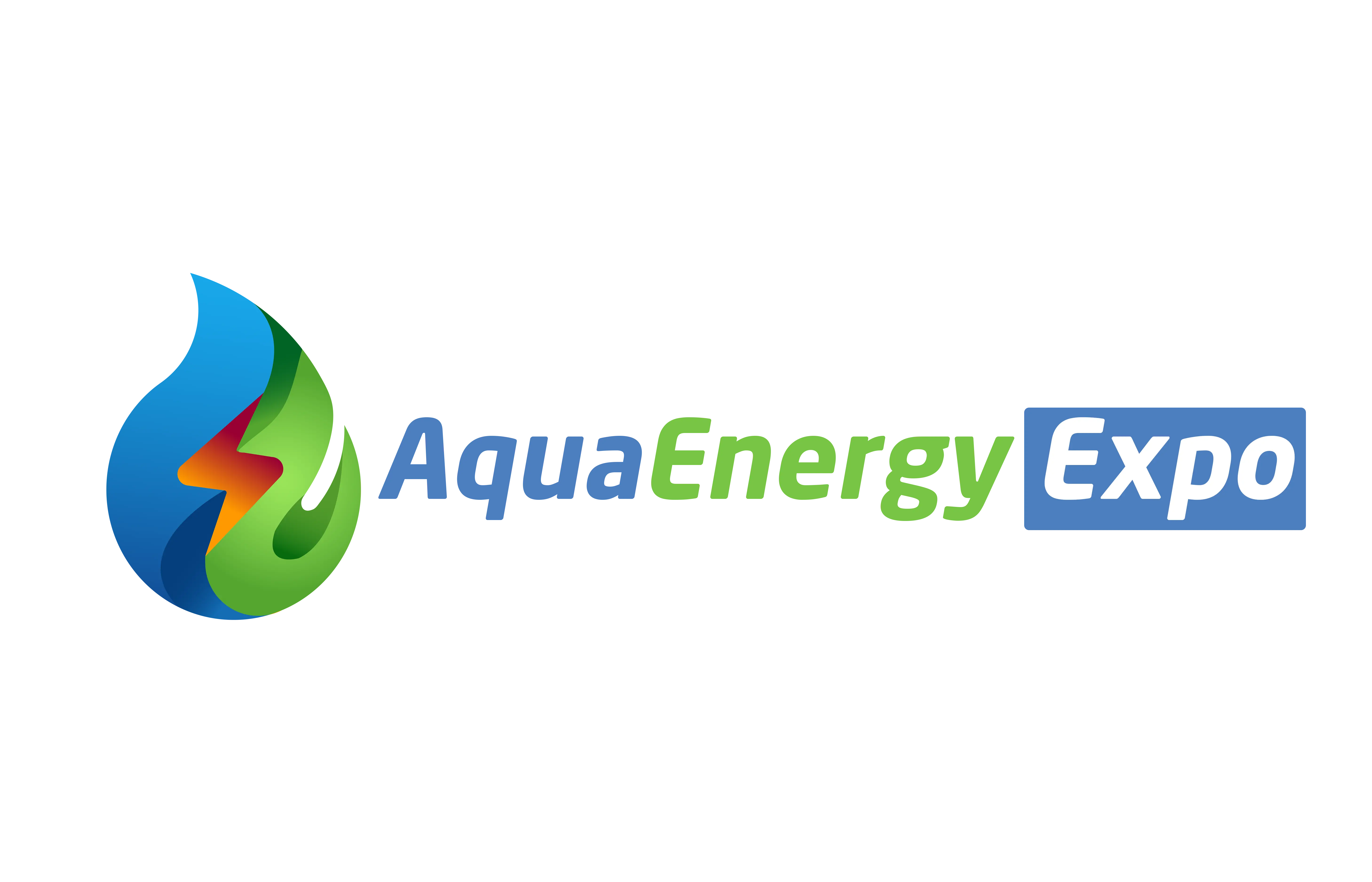
The Biden Administration has allocated $3 billion to replace lead pipes
The U.S. Environmental Protection Agency has disclosed a $3 billion allocation from President Biden’s Investing in America plan, aimed at aiding every state and territory in pinpointing and substituting lead service lines to avert lead contamination in potable water.
Lead exposure can inflict a spectrum of grave health consequences, including permanent damage to children’s brain development. In a bid to safeguard children and families, President Biden has pledged to replace all lead pipes nationwide.
The current proclamation, underpinned by the Bipartisan Infrastructure Law and accessible via EPA’s Drinking Water State Revolving Fund (DWSRF), represents a significant stride in furthering this endeavor and the Administration’s dedication to environmental justice.
This grant supplements the Administration’s Lead Pipe and Paint Action Plan and the EPA’s Get the Lead Out Initiative.
In a joint effort, the EPA and State Revolving Funds are propelling the President’s Justice40 Initiative, which aspires to direct 40% of the benefits from specific federal investments to disadvantaged communities historically marginalized and disproportionately affected by pollution.
Lead contamination tends to impact communities of color and low-income households more severely.
To date, the $9 billion in total funds announced through the EPA’s Lead Service Line Replacement Drinking Water State Revolving Fund program is anticipated to substitute approximately 1.7 million lead pipes across the nation, ensuring access to uncontaminated drinking water for numerous families.
EPA Administrator Michael S. Regan stated, “The evidence is unequivocal: no level of lead exposure is safe, and lead pipes are the primary culprits of toxic exposure in drinking water. President Biden recognizes the urgency of identifying and eradicating lead pipes as swiftly as possible, and he has mobilized substantial resources for states and territories to expedite the complete elimination of these hazardous lead pipes.”
President Biden’s Bipartisan Infrastructure Law earmarks an unprecedented $15 billion for the identification and replacement of lead service lines.
The legislation stipulates that 49% of the funds from the DWSRF General Supplemental Funding and DWSRF Lead Service Line Replacement Funding must be allocated as grants and forgivable loans to disadvantaged communities, representing a vital investment for areas long neglected. Based on the updated 7th Drinking Water Infrastructure Needs Survey and Assessment, the EPA estimates there are about 9 million lead service lines nationwide.
The funds announced today are specifically designated for lead service line identification and replacement, assisting every state and territory in financing projects to eradicate lead pipes and diminish lead exposure in drinking water.
The Lead Service Line-specific formula for fund distribution ensures states receive financial aid aligned with their needs promptly, enhancing public health protection across the country. The formula and allocations are need-based, meaning states with a higher number of projected lead service lines receive a larger share of the funding.
Additionally, the EPA has issued a new memorandum elucidating how states can utilize this and other funds to effectively minimize lead exposure in drinking water. The EPA has also crafted new outreach materials to aid water systems in educating their consumers about drinking water concerns, the health ramifications of lead exposure, service line ownership, and how individuals can contribute to the identification of potential lead service lines in their residences.
The Biden-Harris Administration’s ambitious plan to eradicate lead pipes has already yielded substantial benefits for families nationwide. The latest funding announced today will guarantee that more households reap the advantages of these unparalleled resources, bolstering projects such as:
- The West View Water Authority in Pennsylvania has been granted $8 million through the Bipartisan Infrastructure Law to replace 750 lead service lines in underserved community segments, predominantly in Allegheny County. Over $5.4 million of this funding is forgivable, lessening the financial impact on the community’s ratepayers.
- Tucson, Arizona, has received $6.95 million in Bipartisan Infrastructure Law funds to create lead service line inventories for its nine public water systems. The city plans to utilize this inventory to formulate a strategy for replacing lead service lines, thereby enhancing the quality of drinking water for its residents, many of whom reside in low-income and disadvantaged neighborhoods.
- Situated between Chicago and Milwaukee, Kenosha, Wisconsin, has been a pioneer in the state’s initiative to remove 5,000 lead service lines. Kenosha is collaborating with the EPA’s Water TA team, funded by the Bipartisan Infrastructure Law, to expedite lead service line removal by assisting customers with self-inventory of their service line materials and applying for federal funds to substitute lead service lines.
- The Eastern Band of Cherokee Indians in western North Carolina has been chosen to receive support from the Bipartisan Infrastructure Law’s lead service line replacement funds to conduct service line inventories and draft preliminary engineering reports for five public water systems on their lands.
The current fund allocations are grounded in the EPA’s revised 7th Drinking Water Infrastructure Needs Survey and Assessment, which includes an evaluation of newly submitted data.
This represents the most comprehensive data gathered and analyzed on service line materials in the United States to date.
Later this summer, the EPA plans to publish an addendum to the 7th DWINSA Report to Congress, incorporating the updated lead service line projections.
The EPA expects to commence data collection for the 8th DWINSA in 2025, which will encompass information on lead service lines.
source: U.S.EPA

